From breakdown to breakthrough, with James Pickles
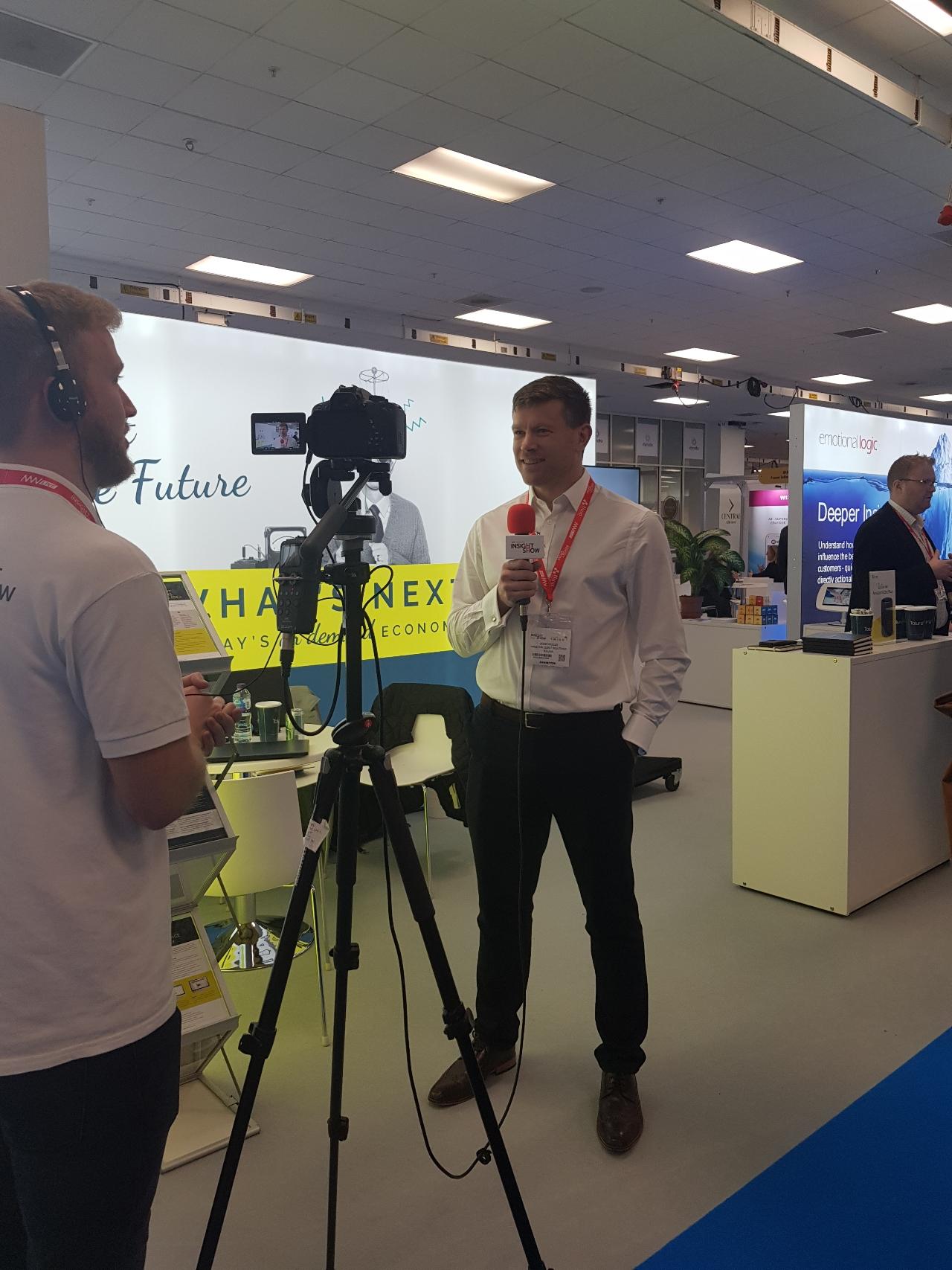
This is probably going to be one of the most important articles Significant insights will ever publish.
I had a hugely powerful, emotional and constructive conversation with James Pickles, formerly a Director of Client Solutions at Toluna for ten years, where he created and ran their most successful Corporate Sales team. James is now an Executive Coach. He set up his own business just eight weeks ago and has already supported a dozen (and counting) clients as they navigate personal and business challenges in today’s unpredictable world.
This week marks a milestone for James. Almost exactly 2 years ago, he was seemingly enjoying plenty of professional success and approval. It was shaping up to be a record-breaking quarter for sales and he was busy on the tradeshow speaking circuit, spreading the Toluna message, networking and closing deals with major brands.
Shown here speaking at IIEX in Amsterdam, 18th Feb 2019, James didn’t know that scarcely a month later he’d be suffering an almost total mental and physical breakdown after a week-long, stress-induced anxiety attack.
This photo is the last one James has of himself in his former life before it all fell apart.
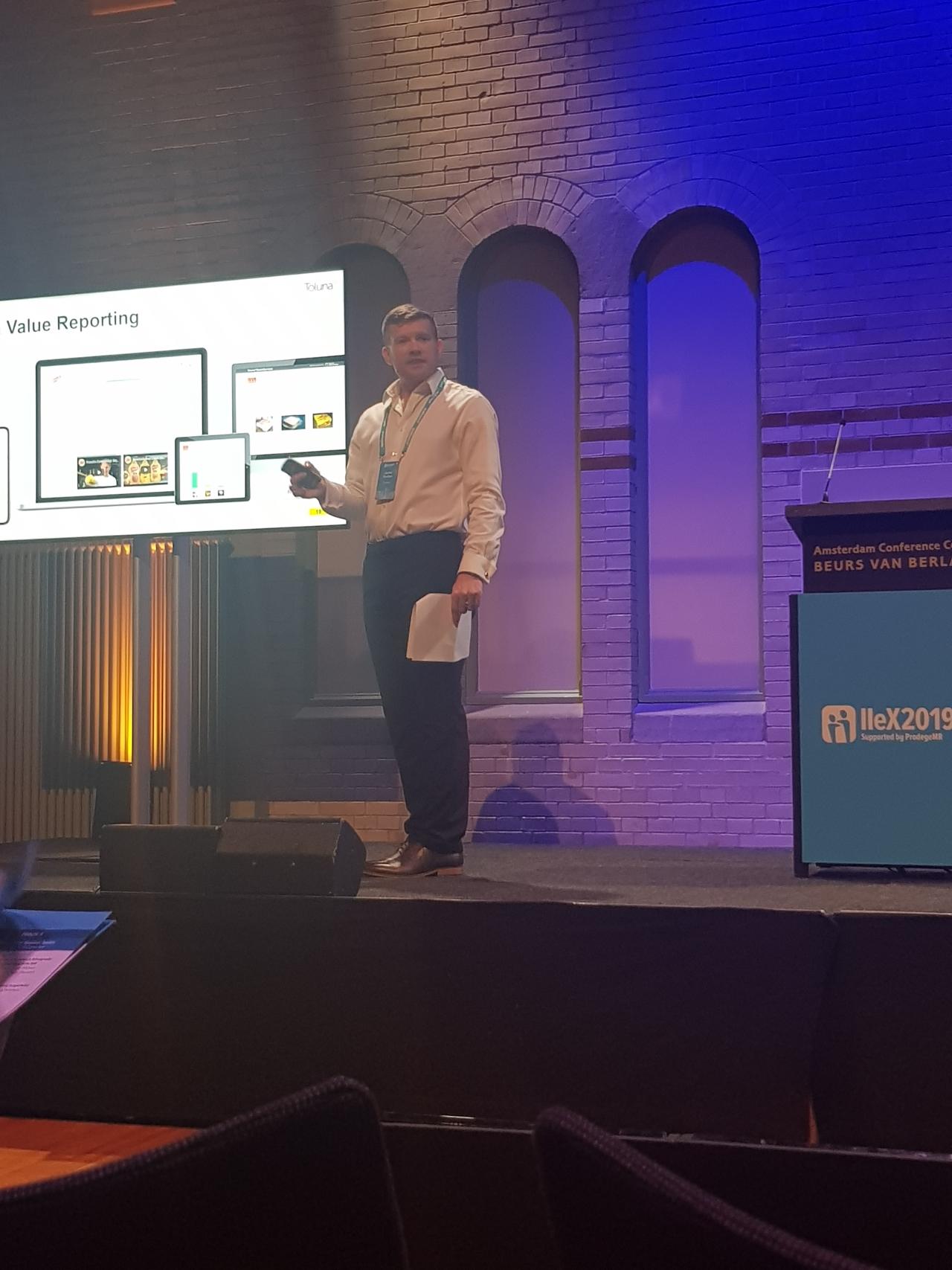
So firstly, James, tell me, how did you get into research and take me up to the night of the Impact Conference?
I spent the first 10 years of my career working in hospitality, running bars and restaurants and opening new branches for a national chain. It was tremendous fun – especially when it came to creating new cocktail recipes – but this was an industry with a notoriously unhealthy lifestyle. In the end I wanted my weekends back, so I resigned and went looking for a new path to follow.
I didn’t have quite so many transferable skills as I had imagined when I boldly resigned! It took about a year of random temping jobs before (with much pride swallowed) I was offered an entry level sales job at a lifestyle database company located near my flat in Kingston.
After a couple of fun years there, I moved to Mintel where I stayed for six and a half years. I worked my way up the food-chain and began to specialise in the FMCG sector, helping clients understand consumer trends and informing their NPD strategies. It turned out that my 10 years in hospitality had given me the beginnings of the skill of listening and getting along with people from all walks of life. In fact, it had stood me in good stead for sales.
I moved to Toluna after a chance conversation with a former Mintel colleague, at a point when on-line data collection was still nascent. The early days were characterised by a start-up mentality of trial and error in terms of building relationships with end clients – the part of the business that I was tasked with growing from scratch.
Between 2010 and 2018, I grew revenues by roughly 30% a year. My department became the most profitable and my sales team were the most successful in Europe in terms of consistent, year on year growth. 2018 was yet another record-breaking year and, professionally speaking, I was flying high.
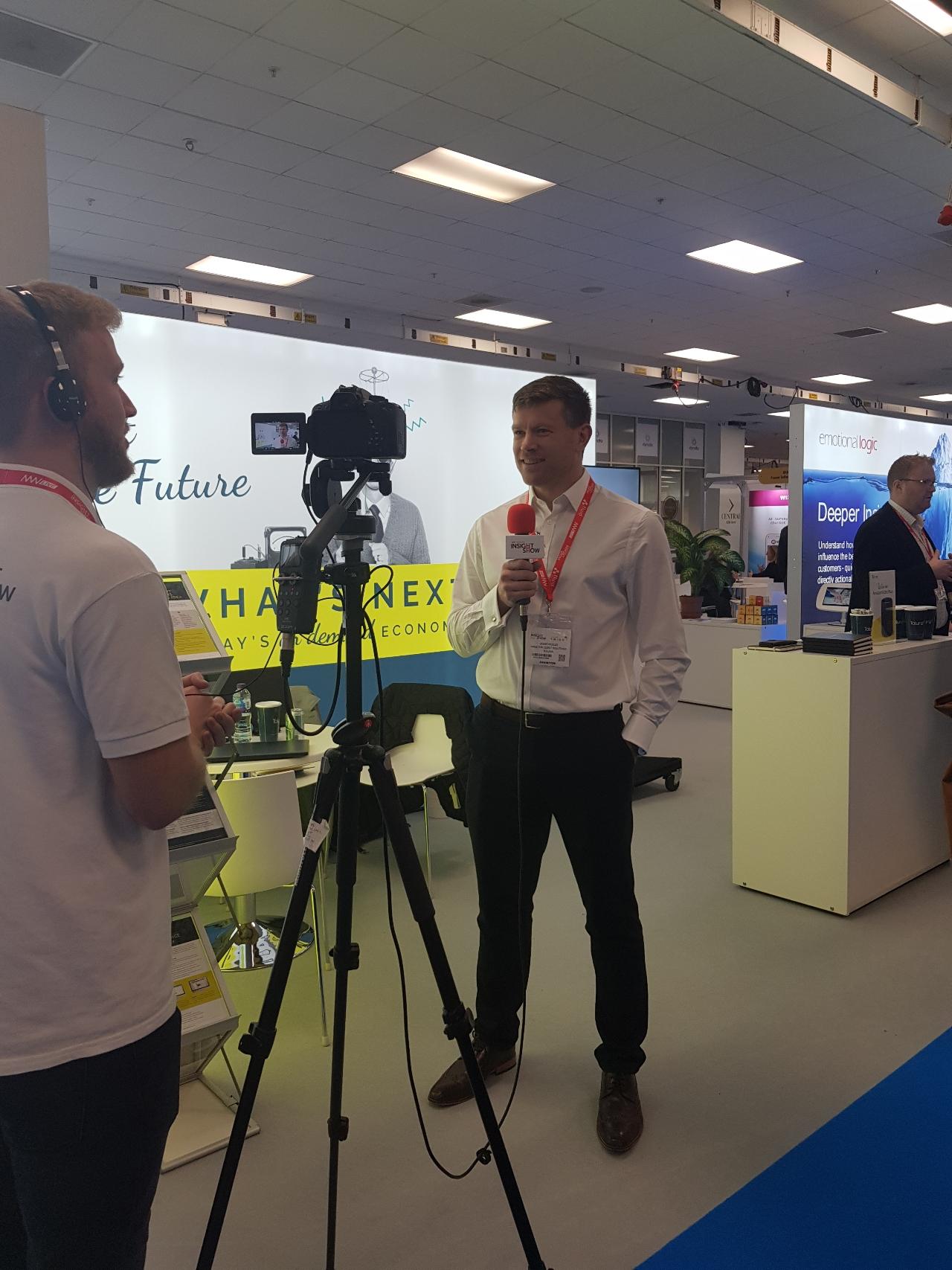
Q1 2019 took up where 2018 had left off and, after a slow first few weeks, we were set to exceed our quarterly target by some margin. It was almost looking as if we’d exceed what we’d just achieved in Q4 – unheard of for a first quarter. By this time, I was training other offices’ sales teams, was actively involved in marketing activities and stood front and centre at tradeshows doing the speaking slots. All this alongside running my own team and looking after some of our biggest clients.
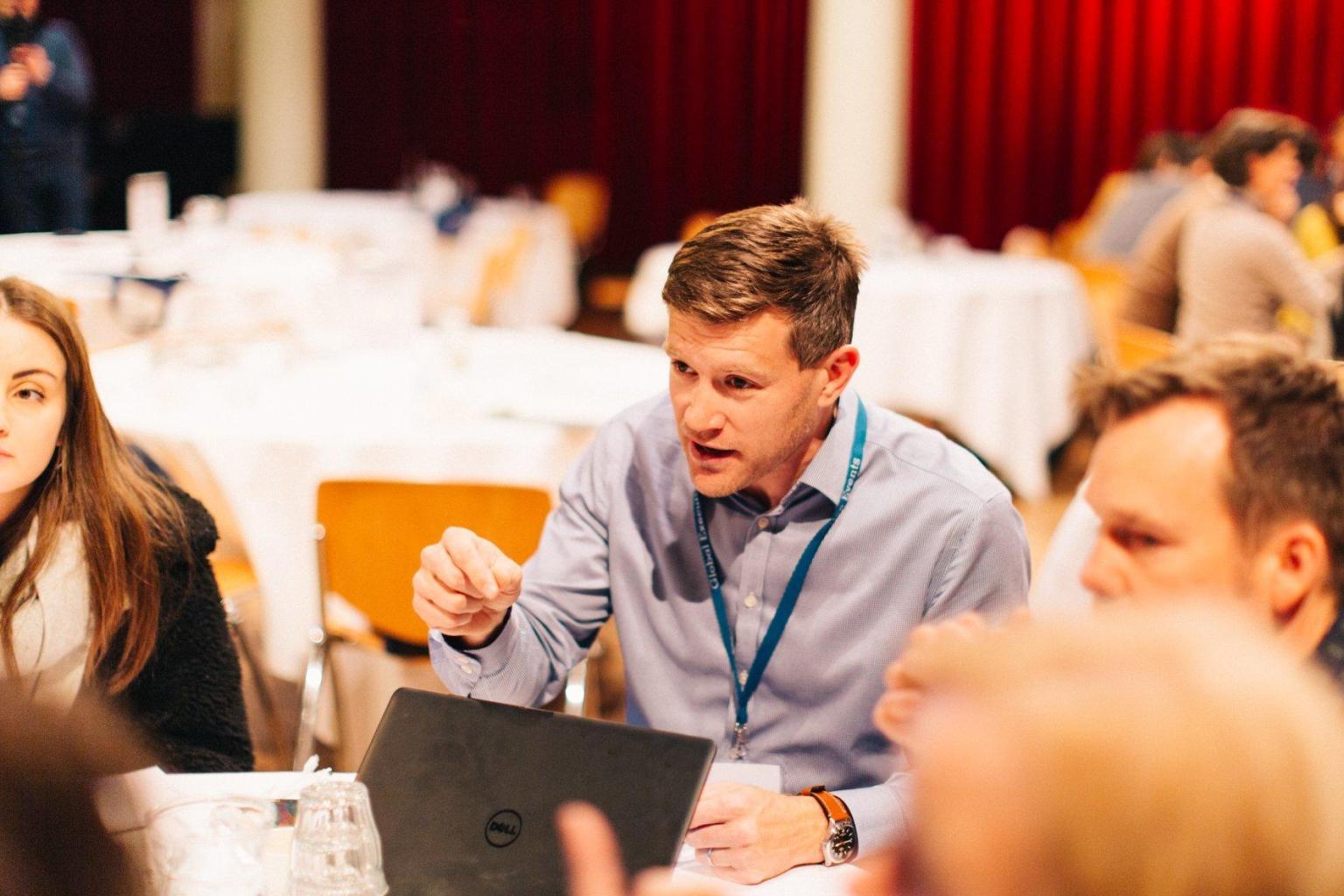
I may have been unleashing Corporate Excellence on the face of it, but underneath the slick, professional exterior another story was starting to play out. I was certainly not displaying any excellence in self-care and my main coping mechanism for dealing with the stress was to self-medicate with alcohol – a very slippery slope.

MRS Impact was the last show of that quarter. I didn’t have any speaking slots booked, but was tasked with seeking out the best prospects and arranging meetings – something I was good at and didn’t mind doing.
You were clearly extremely successful. What do you attribute to this success?
In the early days at Toluna, there wasn’t an established way of acquiring and managing end clients. It had never really been done before, as the core client base was made up of MR and media agencies.
I was given huge freedom to experiment and fail repeatedly. My son’s school uses the acronym F.A.I.L (First Attempt In Learning) to encourage a growth mindset, and I embraced a similar freedom to fail: to find out what worked and what didn’t iteratively. It was like constantly living out an AB test as I found my path to winning new clients over and then growing them.
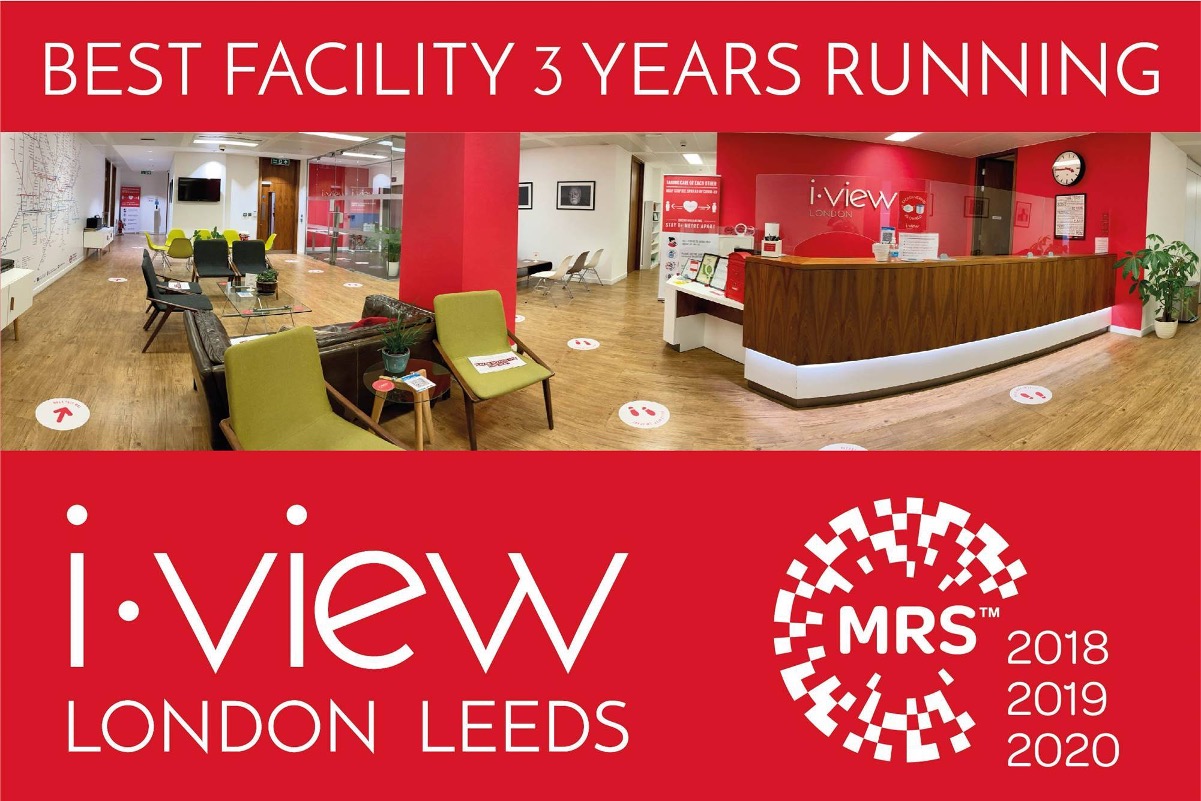
So, let’s get into it. What happened on the night of the Impact Conference in 2019?
I was aware that I was tired from the exertions of travel and tradeshows, but otherwise felt ‘normal’. In the Wetherspoons round the corner from the Tower Hill Hotel, we (the broader team and I) were debriefing on who had met who and what was going to happen next.
My colleague, Susan, had asked me how I was when we sat down to start. I had replied along the lines of ‘excellent’ or ‘brilliant’ or somesuch – my stock reply to an enquiry like that. Once the debrief was over and most the team had left for the Research Club networking drinks, she asked again how I was. I said, ‘I’m fine, but I’m a bit tired from all the travel’. She observed that I wasn’t looking myself and gently enquired if I was really ‘fine’.
I don’t know why I decided to answer her question so honestly that day, but I took a deep breath and began to say that I didn’t think that I was fine after all. I got as far as the f of fine and, to my great surprise and hers (as well my boss, the MD of Europe and the other four colleagues sat round the table), I burst into tears.
And how did they react?
Well, all of us were shocked. It was totally unexpected and miles out of character. I’d been projecting such a sense of calm, control, confidence and positivity for so long that I’d come to believe that those were the only things I was allowed to be. I suppose, to some extent, they believed in that myth just as much as I did.
When they saw me sobbing in a busy pub and that I couldn’t stop, they immediately rallied round and did their best to comfort me. We shared quite a few drinks, and a few hours later I made my way home feeling exhausted but a little better.
And the next morning, did you go back into work?
I certainly planned to, but when I told my wife what had happened the night before, the retelling of the story and the trigger phrase of ‘I don’t think I am fine’ set me off all over again.
That was only the third time in our 20 years together she’d seen me cry, and the first time she’d seen me sobbing. I was, again, shocked and so was she. We decided that maybe I needed a couple of days off. I emailed my boss to tell him and he readily agreed.
Good to hear. And after the few days off, how did you feel? What happened next?
By the following Monday, I’d had a few days off and the weekend to rest so I went back into the office. It turned out, however, that the outburst in the pub was the tip of the iceberg. It was symptomatic of much larger issues that I had completely failed to notice or, in truth, admit.
I’d been running on empty for so long by then that the last shreds of my resilience had been completely used up. My mind and body had clearly decided to take it out of my hands and began to shut down, starting with my short-term memory. Other physical symptoms included nausea, shaking hands, no concentration or attention span, followed by a sharp decline in my ability to make decisions and a hugely elevated heartrate.
I was suffering from a severe and extended panic attack. By the Wednesday of that week, I could barely function at all and was incapable of knowing or deciding what I should be doing at any moment.
I finally had to admit that I was in deep trouble and that I couldn’t fix it myself by working or trying harder.
I dragged myself home, went to see my GP and was instantly signed off on long-term sick leave.
Underneath what you see here was a man incredibly prone to crying, who still found it hard to make complex decisions (such as what to cook for dinner), who needed to hide in his bedroom and have extended naps every day and who was viscerally afraid of Ealing. It took months until I was able travel to my old office without feeling like I was going to puke at any minute from the fear. You can’t necessarily see mental illness.

(This is James with his family doing something he loves. It was April 2019 and he looks fine, doesn’t he?)
Thanks for sharing that journey, James. It’s been a long and challenging journey and you’re clearly in better place now – what did you do to get better?
Yes, I am in a much better place from a mental health perspective but I’m not sure I’ll ever be better in the way that you would ‘get better’ from a physical injury. I’ll never be the same as I was before March 2019 and I wouldn’t want to be, even if I could.
I’d completely lost sight of what was really important to me and what I needed in order to function and survive, let alone thrive.
Hitting and beating my sales targets had become the most important thing in my life, to the detriment of everyone and everything else. I was totally out of balance and it was completely unsustainable.
It might sound simple but learning to talk honestly about what was happening and finding a space where I could be completely listened to saved my life. I had to find the courage to admit I needed help, and then ask for it. I found a therapist whom I could trust, and I saw her every week for the rest of 2019. I was completely honest with her and then, later, with my family and my friends and later still anyone else that asked about what had happened.
Through it all, my wife has helped me understand and be at peace with who I was and who I now am. I’d be nowhere without her.

After coming back and then finally leaving the industry, what advice do you have for our industry, which I know you are very fond of?
It’s ironic for an industry that prides itself on its curiosity and insight into consumers’ thoughts and behaviours that we don’t seem terribly good at asking each other questions and making time to really listen to the answers.
I’m still all for customer centricity, but I came to realise that I couldn’t sustainably do that if I wasn’t looking after myself along the way. At the time, I was way past being capable of making better decisions for myself if all my focus was on my targets and clients.
What if we found a way to be as curious and dedicated to the wellbeing of our own people once in a while?
And do you have any advice for people like me, who run agencies?
My advice would be to really think about the examples that your people see when it comes to wellbeing. What are the human stories and role models embedded in the wellbeing provision you offer? Are there any, and are they relatable?
It’s not enough to tell people what to do, or to expect that they are capable of self-diagnosing an issue and being in the right frame of mind to ask for help. We all need something to relate to on a personal level, and I certainly didn’t find that in the wellbeing presentation that I watched when I was in my previous position.
Without doubt, this is a challenging issue to face, to discuss and to handle properly. I’ve had lots of conversations since deciding to speak out openly and I hear plenty of ‘we’re not quite ready’ or ‘we want to make sure we do it properly’ or ‘this is important, but it’s not my main focus’. I’ve also heard sentiment around tackling it ‘when we’re back in the office’.
I understand these kinds of responses but find them extremely frustrating. Dare I say it, sometimes I find them simply not good enough.
In my opinion, waiting until you’re ‘ready’ or can ‘do it properly’ are both examples of kicking the can down to road to a point you may never reach. Perhaps you’re really hoping someone else will come in and solve it? Or are you hoping that once lockdown and Covid are gone that this will all go away? It won’t.
To coin a couple of my favourite phrases:
‘The best time to plant a tree was 10 years ago. The second-best time is today’.
And from one of my favourite speakers Geoff McDonald: ‘If you don’t make time for your wellness, you’ll be forced to make time for your illness’.
Surely it’s better to act right now and take a step (even it’s a small one) than to hear that one of your team has gone past the point of return and is suffering what might be a lifechanging mental illness.
That step doesn’t have to big, it just needs to happen. Don’t wait.
We all have mental wellbeing. We all move up and down and along the mental wellbeing scale. Even when we are not aware. What advice do you have for those in the mrx industry right now?
I have been truly amazed at what happened when I finally broke and admitted I couldn’t cope any more. I thought I’d be met with judgement, derision, ridicule, embarrassment – but almost without exception I was treated with great care, empathy and sympathy.
During the last few days before I was signed off sick, I emailed the whole distribution list in our London office to explain to everyone that I had just tried the employee assistance helpline number because I was really struggling. I thought a few might be interested to know about the process.
Out of 130 people, 80 of them replied within an hour. The key themes of their replies were that I was brave, that it helped, that they wanted to help and that they were glad I’d stood up and admitted it.
One colleague asked for a chat. I readily agreed, thinking it was going to be about the employee assistance process. In fact, during our chat, that colleague admitted to me that they were finding things so hard that they’d been having suicidal thoughts.
They had received the same wellbeing deck that I had and yet they were more choosing suicidal thoughts over using the provision or asking for help. I wonder what might have happened if I hadn’t sent that email…
I should point out that throughout my absence, Toluna gave me unconditional support. They checked in and kept my job open until I was ready to try and come back. They did in my opinion, the best they could with the experience they had. I’m not bitter about what happened or why and I’ll always be grateful for the lessons I learned while I was there – even the ones that felt unbearable towards the end.
I just hope they learned as much from it as I did though I fear that’s not the case…
Thankfully, I have since learned that that person is now well. But my point is this: your colleagues might be struggling. They are probably not sat next to you at the moment, so it’s not as easy as it once might have been to notice that something isn’t quite right. Who could you call to check in with, and can you carve out the time to ask them how they really are? Are you prepared to listen to an honest answer? Here’s a clue – 15 minutes isn’t enough for you or for them.
And for those who find themselves in a desperate position, afraid to seek help right now?
Here’s a picture of some of my best mates, taken at my rugby club in October 2019. We’ve played countless games together and I trust them implicitly to back me in almost everything – except I was terribly afraid they’d judge me if I told them how I was really feeling.

Once I’d opened up a bit, I found out that I wasn’t the only one struggling. More than one other person in this picture has struggled. I never knew that until I told them how I was feeling and I’ve known all of them for over 15 years. To be fair, the guy in the hat was struggling that day because England had just beaten the All Blacks…
Every time I’ve told my story, someone has admitted that they are having a hard time too.
I’d say to anyone with whom this resonates that my words here probably won’t make it feel much better, but telling someone how you’re really feeling probably will. Maybe not in that exact moment, but very shortly afterwards. You are not alone, you are not the only one, you are not broken, it’s not your fault. Most importantly, a person that will understand and want to help is probably much closer than you think.
James, this has been hugely emotional, and inspiring. Thank you. I’m so grateful to you for opening up like this about your experience and sharing it so that our industry can learn from it. From agency leaders and in-house directors to researchers at all levels, and those of course from the wider world of business in general, we can all take a huge amount away with us from this. And also at such an important time, as we emerge from our lockdowns, we have a real opportunity to put people at the heart of our businesses, they are our most important asset and simply put, we just need to do better! We need to build back better.
If you would like any more information or support pleased do reach out to any of the resources your company has. As you heard from James, while it was tough for him to take the first step, he is proof that just breaking that fear of what others think and reaching out can actually can lead to positive change. You can also find more information at the Mind website: www.mind.org.uk
If you’d like to connect with James and learn more about his journey, visit www.jamespicklescoaching.co.uk or find him on Linkedin https://www.linkedin.com/in/james-pickles-80a6327/